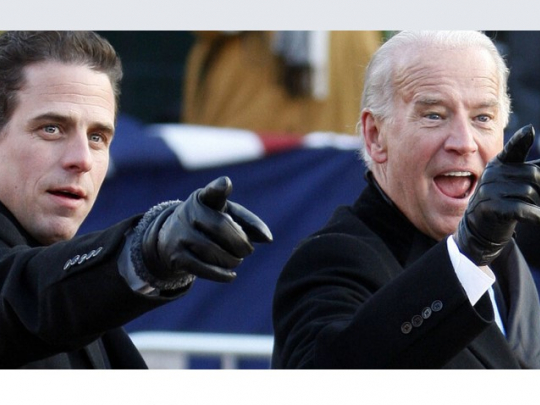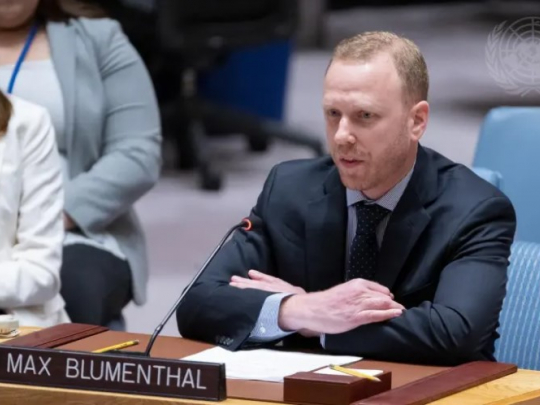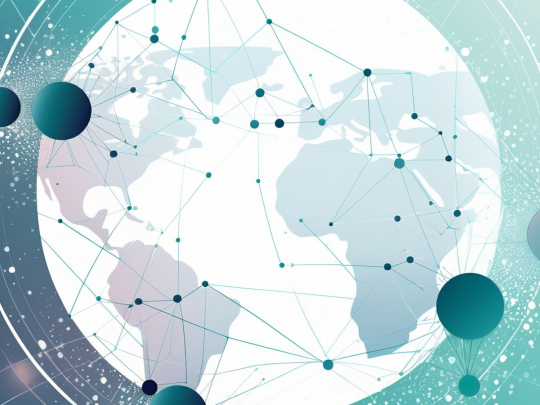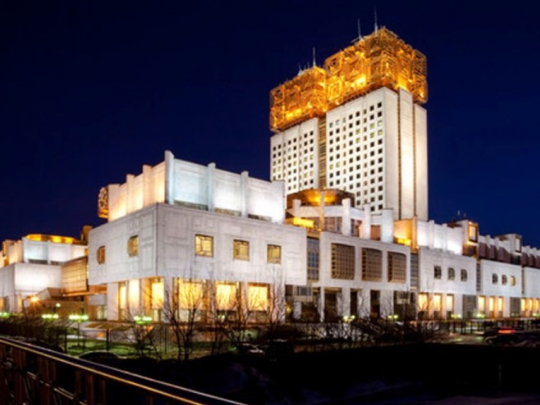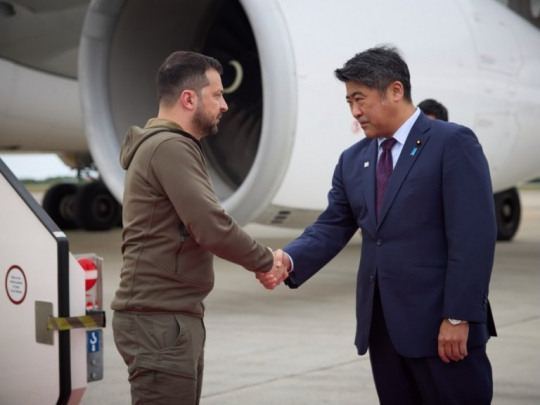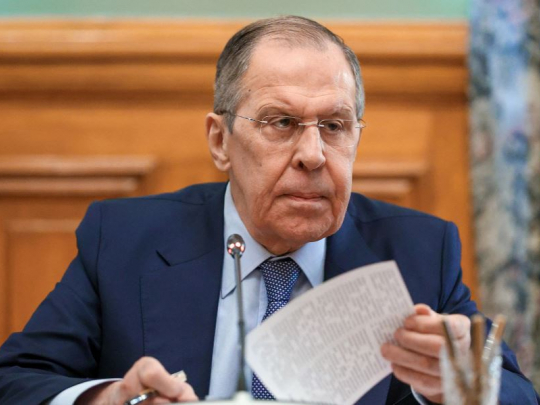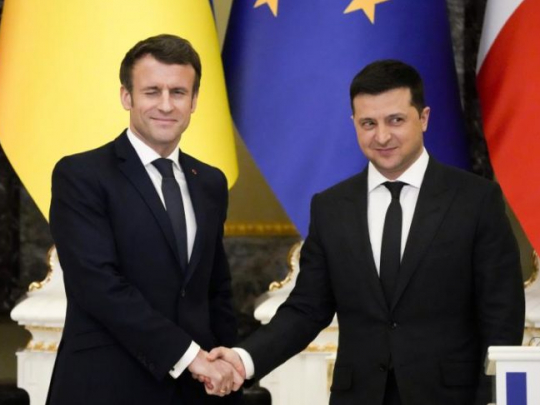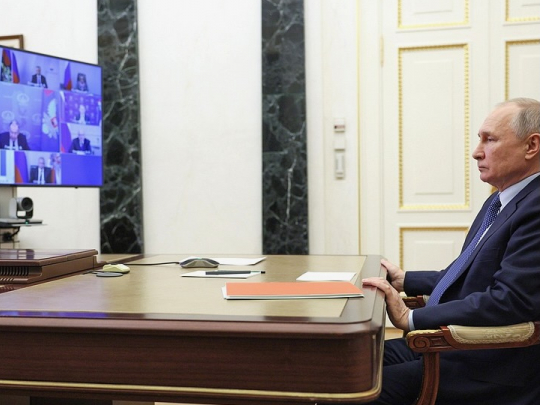How Brazil Is Saving The World From A Catastrophic Food Crisis
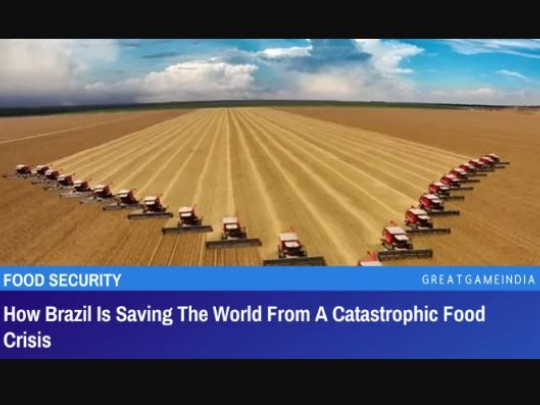
By being neutral during the Ukraine war and continuing trade with Russia, Brazil saved the world from a catastrophic food crisis.
Brazil is the world’s fourth-largest food producer. The country produces all of its own basic foods and is the world’s leading producer of bananas, chocolate, cassava, coffee, corn, maize, rice, soybeans, and sugar. Although the majority of these products are consumed in the country, a substantial chunk of them are exported, such as oranges, palm oils, garlic, peanuts, and tea.
However, Brazil’s vast agricultural industry requires a consistent supply of fertilisers. Russia is the country’s largest overseas fertiliser supplier, accounting for 44 percent of overall fertiliser use in Brazil each year.
Brazil’s President Jair Bolsonaro has stated that his country will remain neutral in the Ukraine conflict since it began. On February 16, President Bolsonaro met with Russian President Vladimir Putin in Moscow, and remarked, “We are eager to cooperate [with Russia] in various fields. Defence, oil and gas, agriculture. Brazil stands in solidarity with Russia .”
As one could imagine, the US government harshly criticised this visit to Russia because it occurred in the middle of Western tensions with Russia over Ukraine. Bolsonaro, on the other hand, did not back down.
 Brazil’s President Jair Bolsonaro speaks during a ceremony at the Planalto Palace in Brasilia, Brazil, on May 25, 2022.
Brazil’s President Jair Bolsonaro speaks during a ceremony at the Planalto Palace in Brasilia, Brazil, on May 25, 2022.
For Brazilians, the Amazon is a vast reservoir of untapped natural resources. It boasts the highest concentration of sweet water, valuable minerals, and petroleum in the world. It’s no surprise that global elites are using environmental issues to try to undermine Brazil’s regional sovereignty. In truth, Brazil’s environmental protected areas cover 25% of the country’s total land area, including 50% of the Amazon. However, we are continually subjected to a misinformation campaign regarding Amazon deforestation.
However, Brazil still needs to import 97 percent of the almost 10 million tonnes of potassium it utilises for crop production each year, making it the world’s top importer. So, here’s the big question: Where could Brazil find more fertilizers from?
Brazil’s potassium deposits are primarily found on Indigenous lands in the Amazon region. “These reserves are world-class,” says Márcio Remédio, director of Brazil’s Geological Survey, a state-owned company under the Ministry of Mines and Energy. “They have the potential, if not more, than those in the Ural Mountains produced by Russia and Belarus, and also of Saskatchewan in Canada.”
Only 3% of all lands in Brazil’s Indigenous lands are deforested, a lower rate than on government and private property. Indigenous lands are those traditionally occupied by Brazilian Indians, as well as “those used for their productive activities, those indispensable to the preservation of the environmental resources necessary for their well-being and physical and cultural reproduction, according to their uses, customs, and traditions,” according to the Brazilian Constitution. This description is so broad that Manoel G. Ferreira Filho, a renowned constitutional law scholar, joked that it would be easier if the Constitution defined which territory non-Indians may occupy.
Brazil’s federal law allows for the exploration of mineral deposits on Indigenous lands. A portion of the profit must be distributed to the local Indigenous community, which cannot be taken off the land unless in the event of a natural disaster or epidemic. Nonetheless, these Indians have the right to return to their homeland once the dangers have passed.

A tractor sprays stone dust in a field next to a pile of stone dust at the Vargem Dourada farm in Padre Bernardo, Goias State, Brazil, on May 19, 2022.
Brazil has prevented potassium mining that might destroy the Amazon and infringe on Indigenous rights by reaching an agreement with Russia, potentially saving the world from a catastrophic food crisis.
“If Brazil were to scale back next year because of a lack of fertilizer, that would certainly be bad news for a global food crisis,” says Joseph Schmidhuber, an economist who has examined the conflict’s impact on food for the United Nations’ Food and Agriculture Organization.
The war in Ukraine, combined with economic sanctions imposed by the West, has put the world’s food security in danger. These sanctions were intended to penalise Russia for invading Ukraine, but they are putting the world’s ability to feed itself at risk.
In this regard, the Brazilian government recently filed a crucial proposal to the UN’s Food and Agriculture Organization, excluding fertiliser products from any sanctions imposed on Russia. Tereza Cristina Dias, Brazil’s agriculture minister, has urged countries to find an international solution to the problem, stating that a fertiliser shortage would cause “food inflation and potentially undermine food security.”
To summarise, the Brazilian government has not only avoided a food crisis by replenishing the country’s stockpiles with Russian assistance, but it has also taken the lead in seeking international solutions to an emerging food emergency crisis that, in the worst-case scenario, could result in millions of people dying from starvation, especially in poorer countries.
As a result, the international community should hope that President Jair Bolsonaro is duly re-elected by the Brazilian citizens in the upcoming presidential elections in October.
- Source : GreatGameIndia




